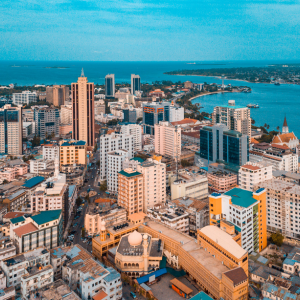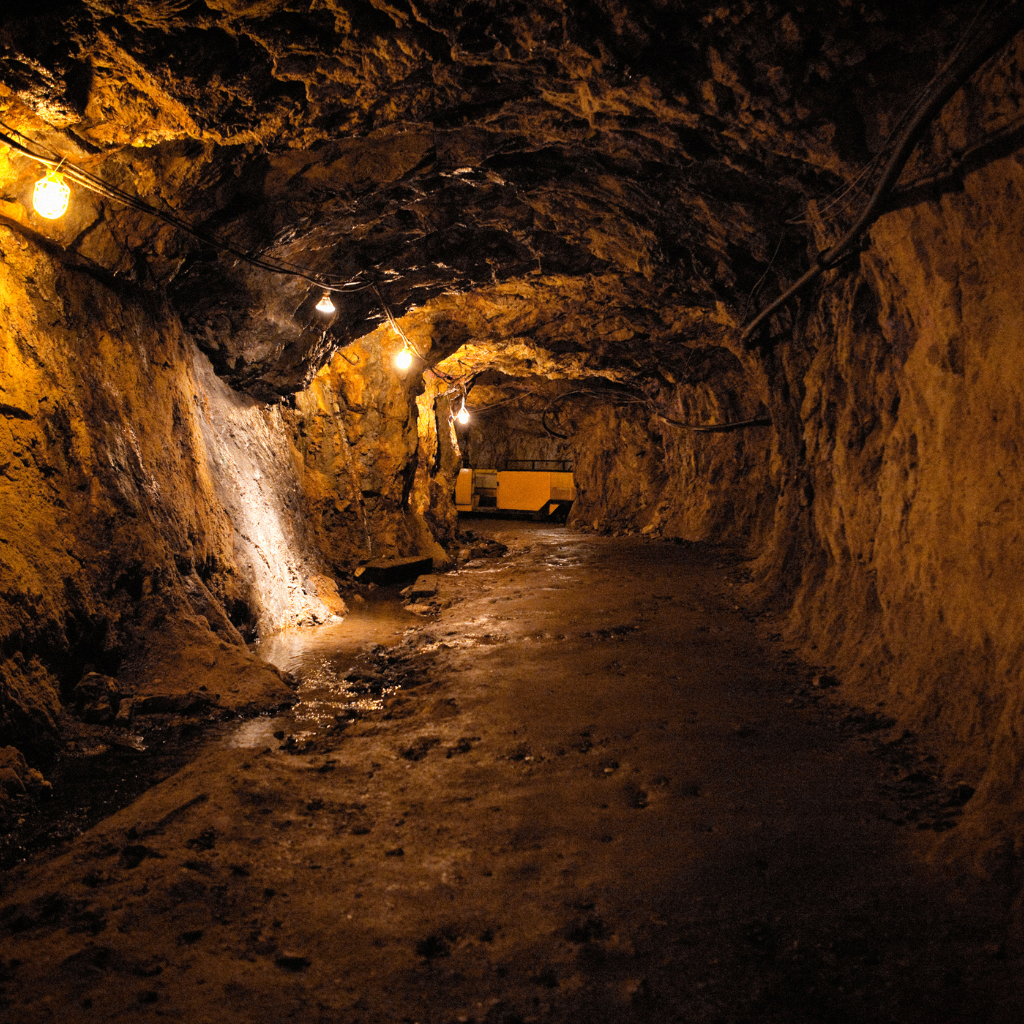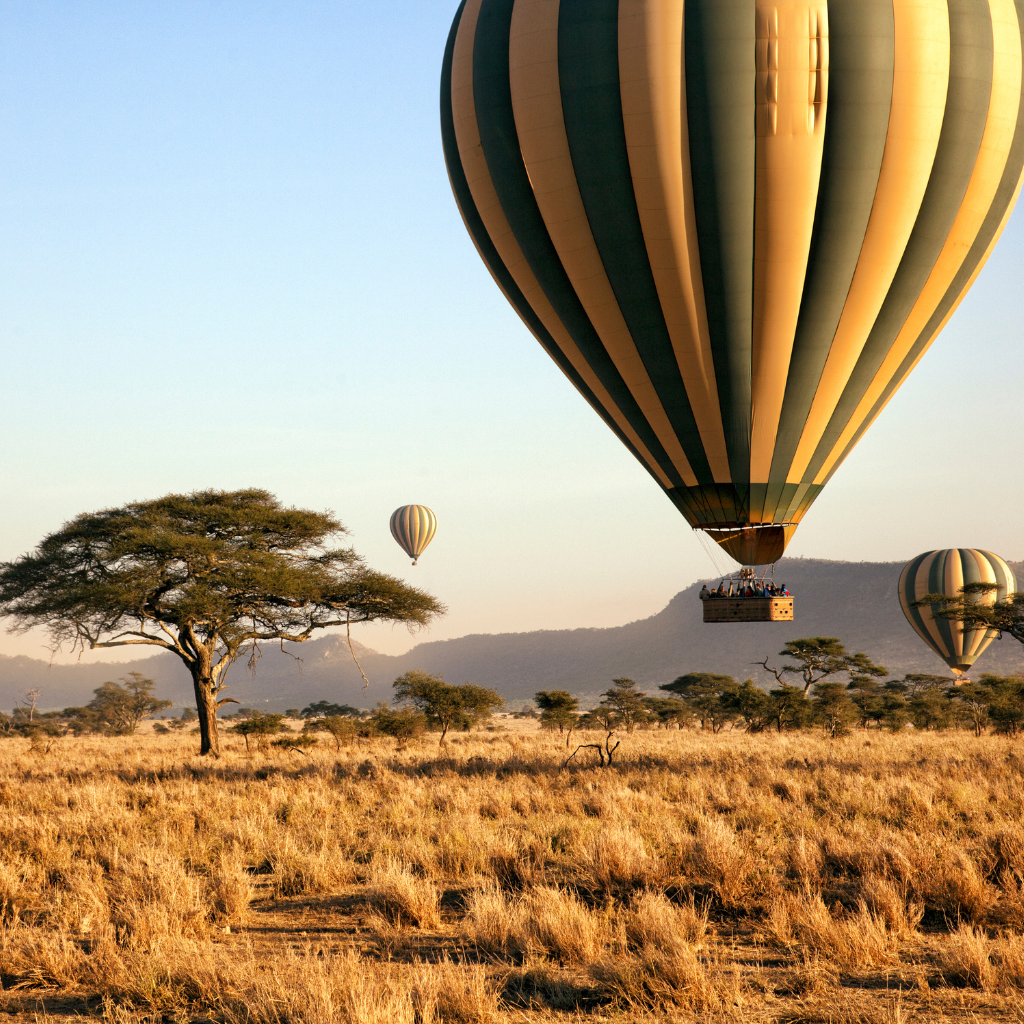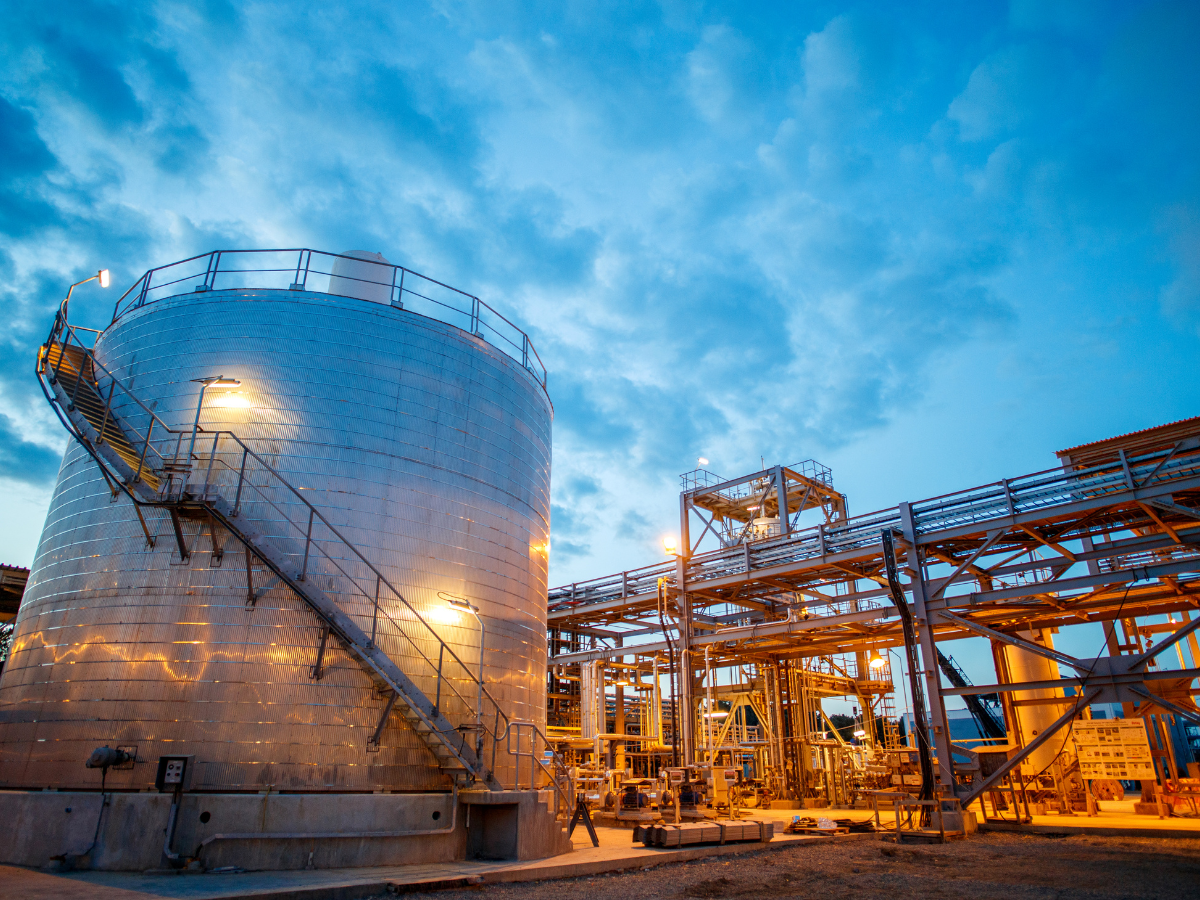




Tanzania offers a stable and promising investment climate, characterized by consistent economic growth, strategic geographic location, and abundant natural resources. The government’s commitment to creating a business-friendly environment, coupled with significant reforms in regulatory frameworks, makes Tanzania an attractive destination for investors. With preferential trade agreements and a proactive approach to fostering foreign direct investment (FDI) in particular, Tanzania is poised for substantial economic development.

Agro-processing: There is significant potential in adding value to agricultural products through processing, which can increase exports and reduce post-harvest losses.
Mechanized Farming: Investment in modern farming techniques and equipment can enhance productivity and efficiency.
Export-oriented Production: Opportunities exist to expand the export market for Tanzanian agricultural products, leveraging trade agreements like AGOA.
Agricultural Technology: Innovations in agricultural technology, such as irrigation systems, high-yield seeds, and fertilizers, are needed to boost yields and ensure sustainable farming practices.

Renewable Energy Projects: Investing in solar farms, wind turbines, and hydroelectric plants to diversify energy sources.
Power Distribution: Enhancing the electricity grid and expanding access to rural areas.
Energy Efficiency: Implementing technologies and practices that improve energy efficiency in industries and households.

Textile and Apparel: Investments in textile manufacturing, leveraging Tanzania’s raw cotton production and trade agreements like AGOA.
Export Processing Zones (EPZs): Establishing manufacturing units in EPZs to benefit from tax incentives and duty-free export opportunities.
Light Manufacturing: Production of consumer goods, including household items, electronics, and packaging materials.

Mineral Exploration: There is vast potential for exploring untapped mineral deposits, especially in regions like Dodoma and Nyanzian Greenstone.
Mining Operations: Investors can engage in large-scale mining operations for minerals such as gold, diamonds, and tanzanite.
Value Addition: Establishing processing plants for refining minerals and adding value before export can enhance profitability and create jobs.

Residential and Commercial Real Estate: Investments in housing projects, office buildings, and shopping malls cater to the growing urban population.
Industrial Real Estate: Developing industrial parks and warehouses to support manufacturing and logistics.
Infrastructure Projects: Significant opportunities exist in the construction of roads, bridges, ports, and airports to improve connectivity and support economic activities.

Eco-tourism: Developing sustainable tourism projects that minimize environmental impact while providing unique experiences.
Hotel and Resort Development: Investing in high-quality accommodations to cater to both luxury and budget travelers.
Tour Operations: Supporting tour companies that offer safaris, cultural tours, and adventure activities.
Tourism Services: Opportunities in providing ancillary services such as transportation, equipment rental, and guide services.



Tanzanian businesses can access the US market for products like textiles, handicrafts, and agricultural goods, gaining a competitive edge.
Investors can engage in large-scale mining operations for minerals such as gold, diamonds, and tanzanite.
Reduced tariffs and enhanced market access across Africa increase the attractiveness of investing in Tanzania, offering a gateway to a vast consumer base.
Investors can engage in large-scale mining operations for minerals such as gold, diamonds, and tanzanite.



1. Economic Growth: Tanzania is among the top ten fastest-growing economies in Africa, with an average GDP growth rate of 7% over the past decade. This growth is driven by sectors such as agriculture, mining, tourism, and manufacturing.
2. Political Stability: The country enjoys a stable political environment, which has been conducive to economic reforms and development. The government’s efforts to maintain peace and order contribute to a positive investment climate.
3. Strategic Location: Positioned on the eastern coast of Africa, Tanzania serves as a gateway to several landlocked African countries. Its access to major ports and participation in Regional Economic Communities (RECs) like the East African Community (EAC) and the Southern African Development Community (SADC) enhance its trade and investment prospects.
4. Investment Incentives: The Tanzanian government offers a range of incentives to attract foreign investment, including tax exemptions, reduced corporate tax rates, and access to land through the Tanzania Investment Center (TIC).
5. Infrastructure Development: Ongoing infrastructure projects, such as the Standard Gauge Railway (SGR) and the Nyerere Hydro Electric Dam, are set to improve logistics, transport efficiency, and energy supply, further bolstering the investment environment.






Expected to reduce cargo transport costs by 40%, facilitate regional trade, and enhance logistics infrastructure.
Investors can engage in large-scale mining operations for minerals such as gold, diamonds, and tanzanite.
